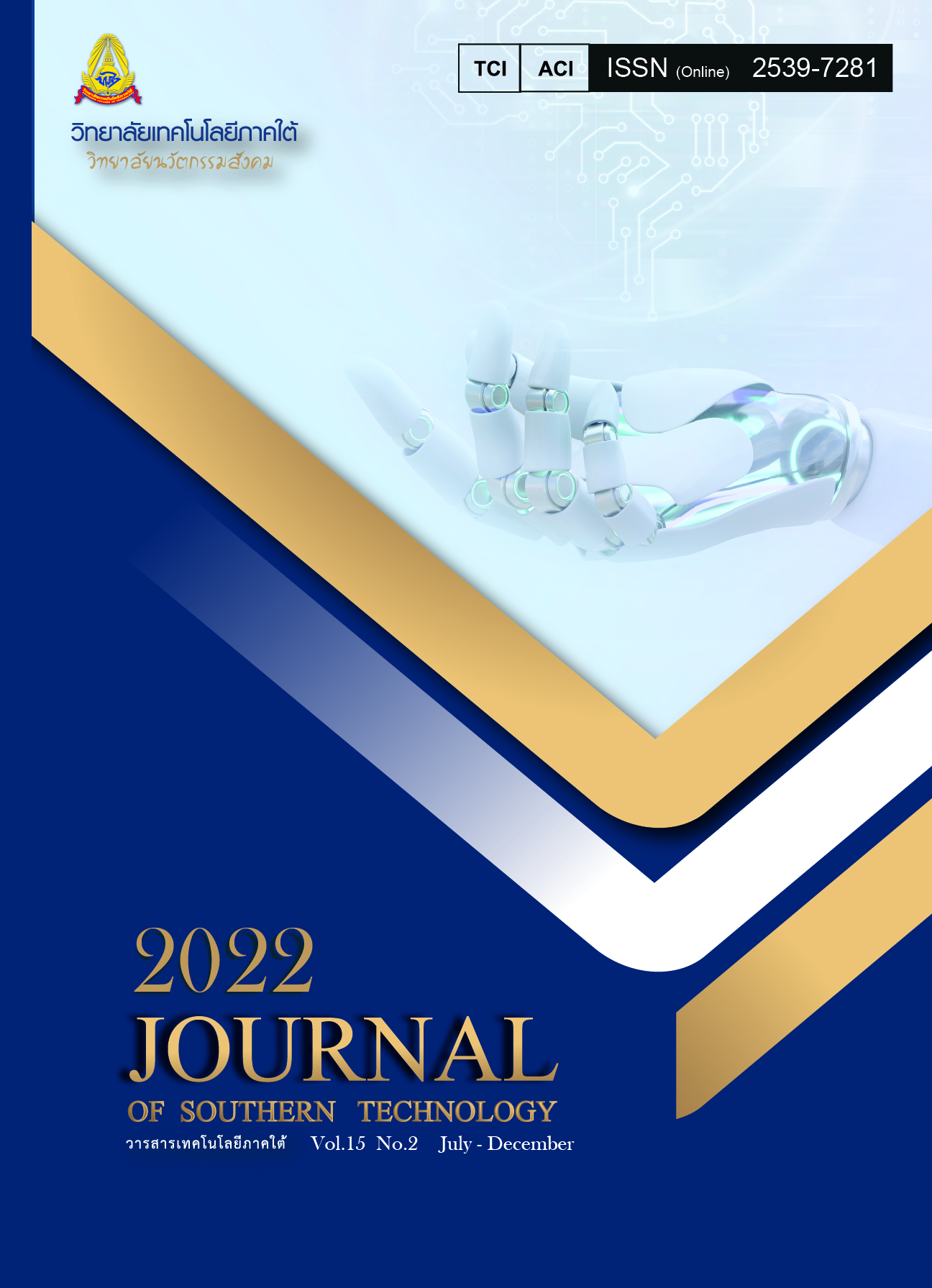The Development of an Internal Supervision Model by Applying Contemplative Approach to Enhance the Emotional Quotient of Teachers in Small Secondary Schools in the Eastern Region
Main Article Content
Abstract
Problems of educational supervision off-sites can be classified in terms of those that are related to organization and shortage of supervisors. Thus, educational institutions must organize their mentoring and supervising activities and become more independent. The purpose of this research was to develop and evaluate effects of using an internal supervision model which applies the contemplative approach to promote emotional intelligence of teachers in secondary schools in eastern Thailand. The research design was divided into 3 phases as follows: 1) investigating current status of internal supervision in 65 small-sized secondary schools in the eastern region; 2) developing a supervision model based on lessons learned from the best practice school and interviewing experts; and 3) evaluating the model by experimenting with a pilot school. A questionnaire, a content checklist, in-depth interview questions and the model guideline were used in data collection. The statistics were employed in data analysis including mean, standard deviation, and t-test. Results showed that the current situation regarding internal supervision in small secondary schools in the eastern region in overall was at a high level and the top three aspects were planning, assessing and implementing; respectively. The development of internal supervision model using the contemplative approach to promote the teachers’ emotional intelligence according to the manual consists of 3 main units: deliberation, deep listening and meditation. Each of these units has four sub-components: concept, objective, schedule of activities and evaluation tools. The evaluation of possibilities and suitability from experts found that the model was appropriate and possible at high level. Also, the teachers who participated in the training course exhibited a high level of satisfaction. They had the average score of emotional intelligence higher after using the model at .01 level of statistical significance. Findings of this study can be beneficial for school administrators, supervisors and teachers can gain new insights to develop teachers’ emotional intelligence in teaching and learning process. Finally, students will have indirect effects in learning how to develop “inner wisdom" through deliberation, deep listening and meditation which result in promoting their intellects.
Article Details

This work is licensed under a Creative Commons Attribution-NonCommercial-NoDerivatives 4.0 International License.
-
Authors must agree to the journal publication rules and allow the editors to edit the manuscripts for publication.
-
Author’s right belongs to the author but Journal of Southern Technology holds the right of first publication and thus allow readers to use the article for the purpose of education but not commercial.
References
Afework, E. A., Frew, A.T., & Abeya, G. G. (2016). Cluster Supervision Practice in Primary School of Jimma Zone (Doctoral Dissertation), Jimma University Ethiopia.
Chaibang, W. (2017). Mental Education and the Development of Inner Wisdom. Mahasarakham: Apichart Printing Partnership. [In Thai]
Cogan, D. (1973). The Supervision and Evaluation of High School Principal as Described by Central Office Administrators. New York: Mc Grew Hill.
Glickman, C.D., Gordon, S.P., & Ross-Gordon, J. M. (2007). Supervision and Curriculum Development: Instructional Leadership: An Approach (7th ed.). Boston: Allyn & Bacon.
Harris, Ben M. (1963). Supervisory Behavior in Education. Englewood Cliffs, New Jersey : Prentice-Hall.
Jarupaisan, T. (2020). From the Article Titled Emotional Intelligence. Retrieved 23 January 2021, from https://www.workwithpassiontraining.com/17256345/emotional-intelligence. [In Thai]
Keeves, P.J. (1988). “Model and Model Building” Educational Research Methodology and Measurement: An International Handbook. Oxford: Pergamum Press.
Office of Education Council. (2018). Thai Education Status Report. Kurusapa Printing Ladpro. [in Thai]
Panich, V. (2004). Mindful Learning. Retrieved 23 January 2021, from http://jitwiwat. blogspot. com/2004/11/ [in Thai]
Thapnoi, S., & Meesup, P., & Thaphan, L. (2016). Talent development in 20 terms of being a lecturer for teachers at the Kamphaeng Phet Provincial Special Education Center by using research participant action. Journal of the Humanities and Social Sciences Graduate School Phibunsongkhram Rajabhat University, 10(1), 217, [in Thai]
Triranaopass, S., Jai-ngam, S., & Keawsi, T. (2017). The development of a contemplative education learning model for mainstreaming schools. Journal of the Humanities and Social Sciences Graduate School Phibunsongkhram Rajabhat University, 11(2), 44. [in Thai]
Srichat, Y., & Piyakul, A. (2020). Development of emotional intelligence through contemplative activity. study for secondary school 1. Mahasarakham Graduate Studies Journal Sakonnakhon Rajabhat University, 17(77), 155. [in Thai]
Utranan, S. (1987). Educational Supervision: Theoretical Principles and Practice. Bangkok: Siam Card. [In Thai]
Wongnutarat, P. (2010). The Psychology of Personal Management. Bangkok: Bangkok Supplemental Media Center. [in Thai]

